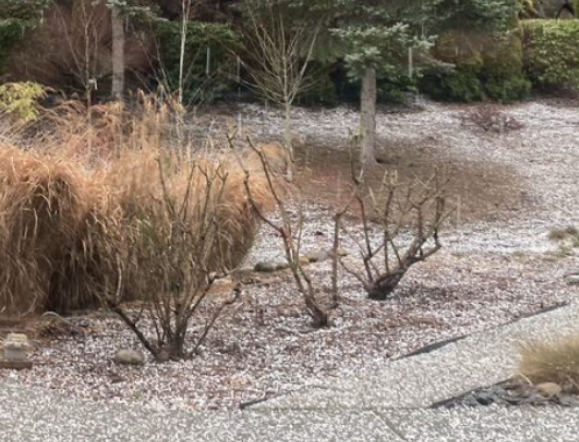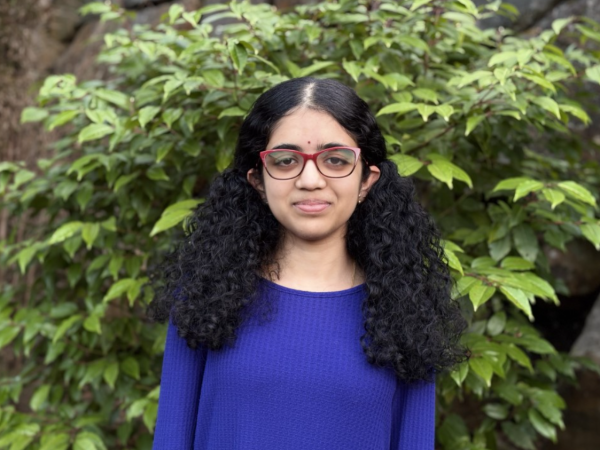
Editor’s Note: The following article is an opinion piece that reflects the views of the author.
During the latter months of winter, a torrential downpour of hail is a rare beauty in the Pacific Northwest. So, not to my surprise, when I glimpsed the ground tucked into a blanket of these cloud-born crystals, not only did my eyes avidly bound towards my window, but my fingers also instinctively reached for my phone to capture the moment.
Like thousands of other unsuspecting fish, had I just bitten into the superficially innocent yet pernicious bait of recording my every cherished moment of leisure?
Society has, perhaps inadvertently, become addicted to securing every relaxing memory with a photograph. And indeed, approximately 1.81 trillion photographs were captured globally in 2023 alone. Whenever we witness something beautiful — a unique tree during a casual walk, or possibly, an intricate painting — we experience an irresistible urge to save it for the future instead of simply savoring the moment now.
As it is, our plans for the future — from the day’s next meal to ten-year career plans — relentlessly occupy our minds. Now, why must we drag in the future even during moments of unwinding when, in fact, the contrary should be our objective? Spending time to “appreciate where you are right now” effectively eases stress caused by planning for our future, says Mental Health America. To taste the unblemished fruit of relaxation, it is imperative for us to internally relish the small joys of life without incessantly dwelling on preserving them externally.
It is, nonetheless, not without merit that photographing the delights of life helps us remember and presumably rejoice in them for longer. In fact, a psychological study conducted by Dr. Alix Barasch discovered that photographing one’s encounters positively correlated with people remembering “visuals more accurately, even when they didn’t revisit their photos.”
However, with the objective of spending time to simply relax, this putative benefit may not necessarily be positive. Photography has its place and can even be relaxing as an avocation in itself, but not when it encroaches into other pursuits of relaxation. Barasch’s study further found that being fixated upon capturing a sublime shot, especially with the intention of posting it on social media, can even lead to anxiety. Here, photography defeats the fundamental purpose of relaxation.
The unostentatious sight of my backyard on an ordinary day through my own eyes brings more serenity than viewing it decoratively engulfed in hail through the eyes of a phone. Don’t let photography get the better of you. Next time you encounter something beautiful or tranquil, leave your camera alone. And as clichéd as it may sound, you know the significance. Simply immerse yourself in the moment.



